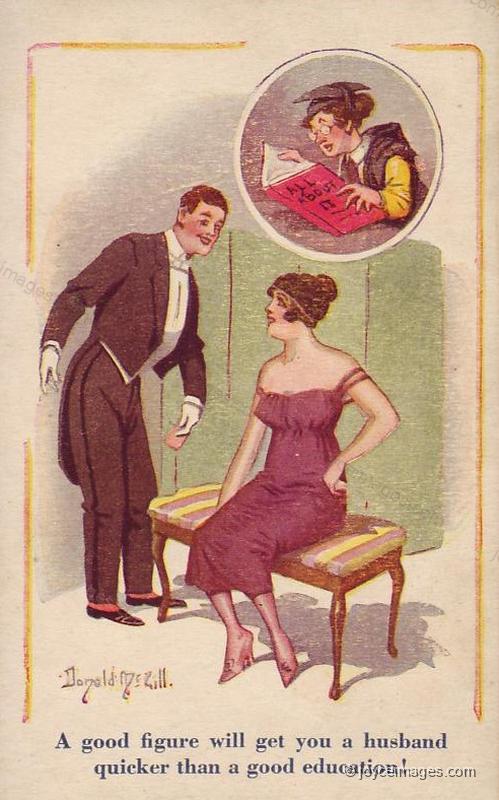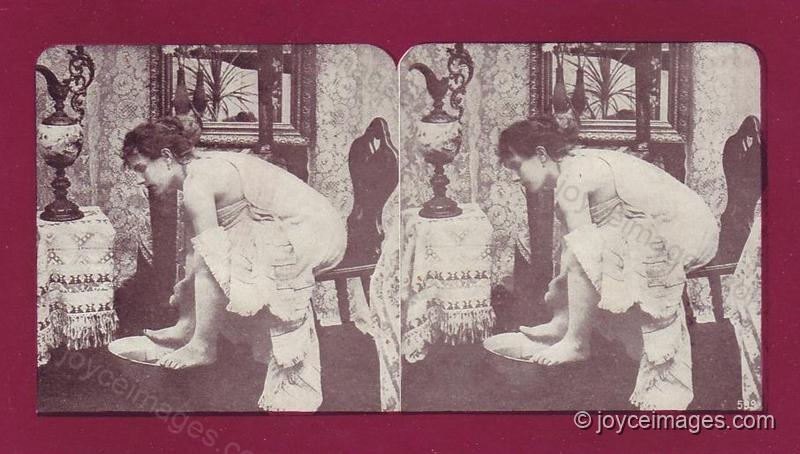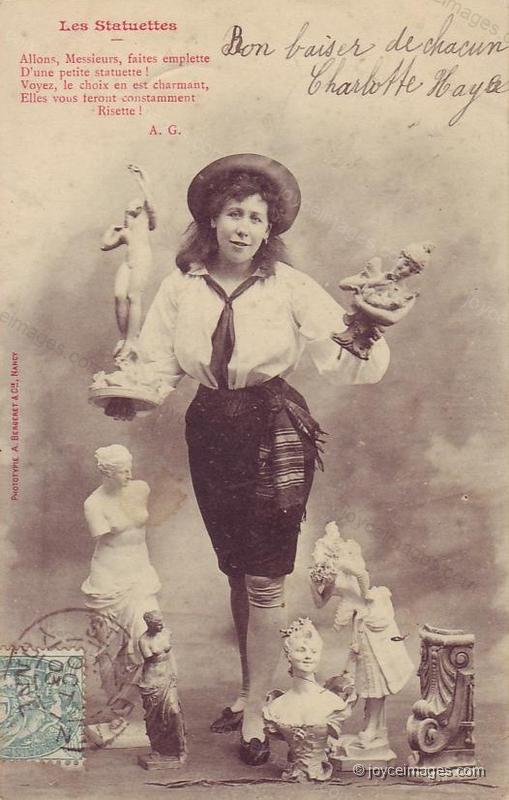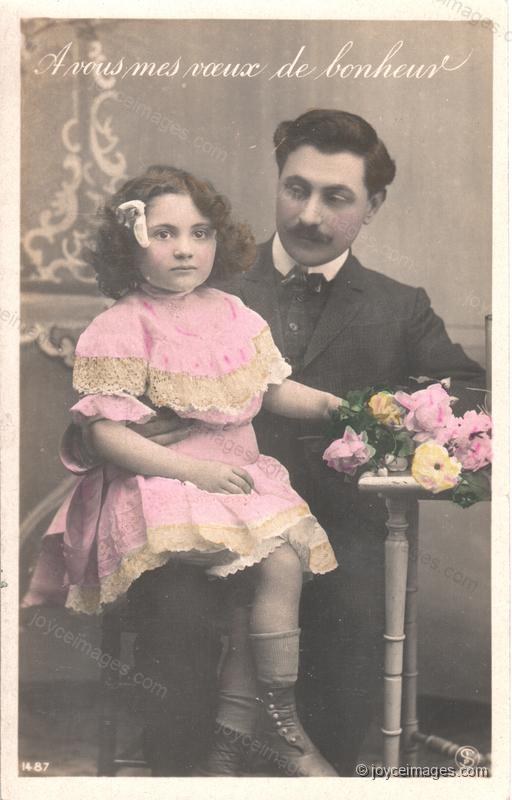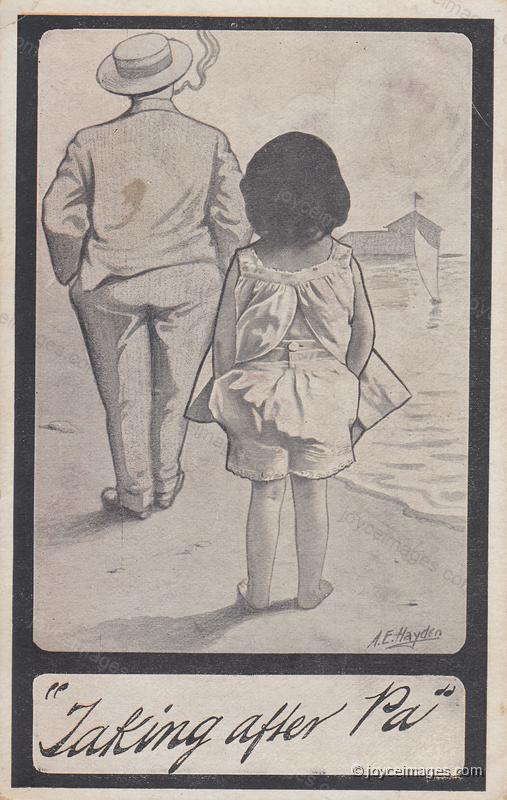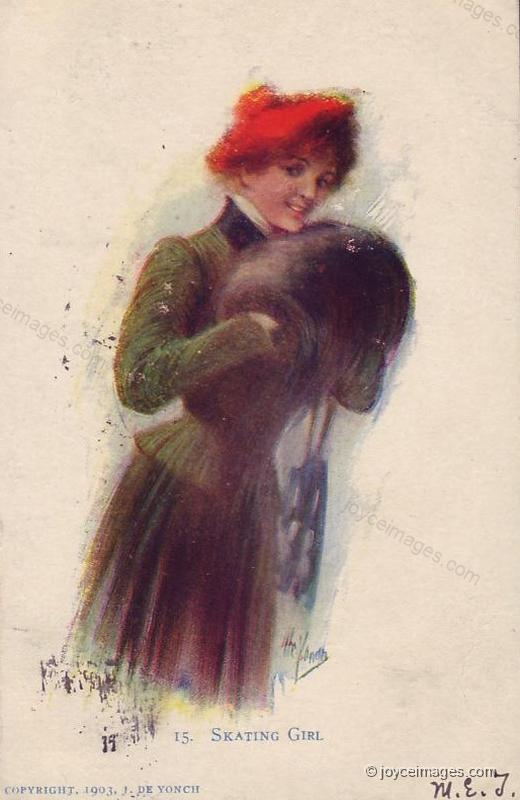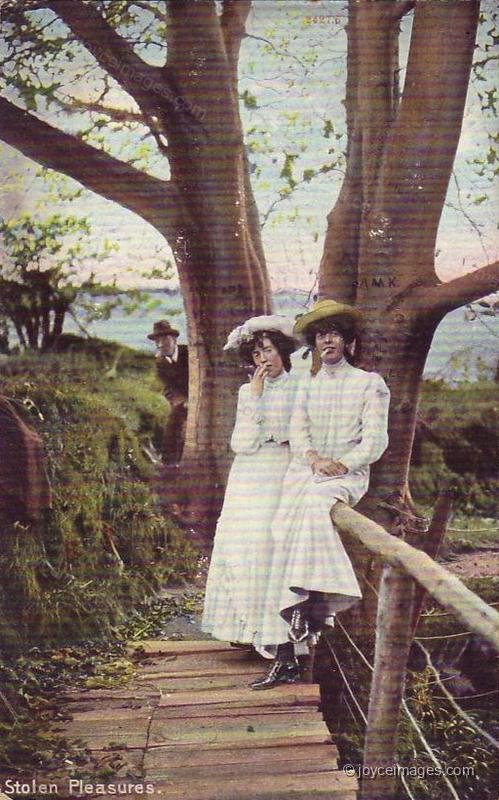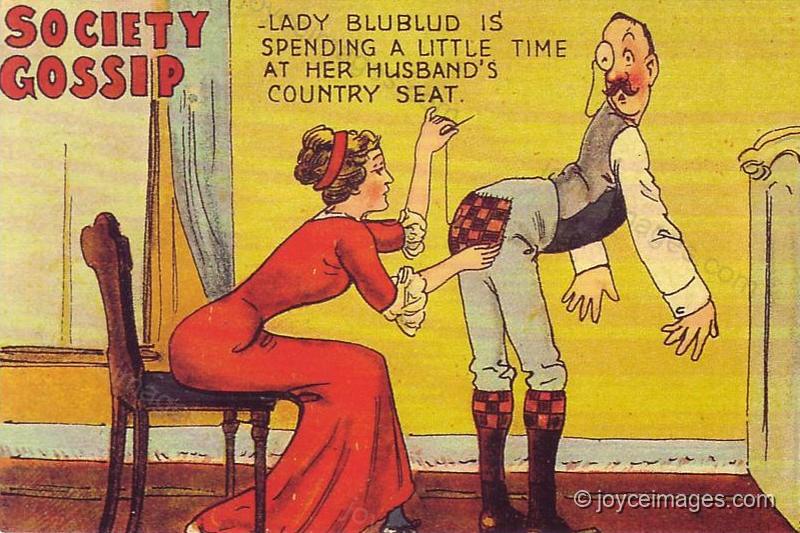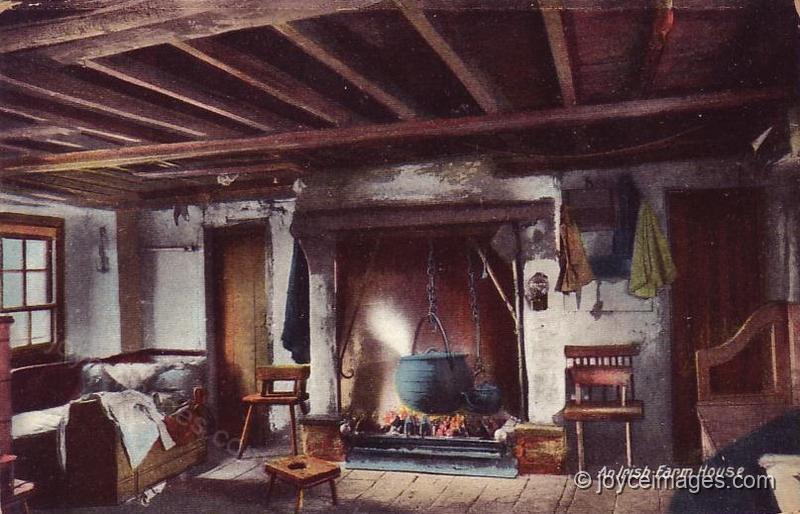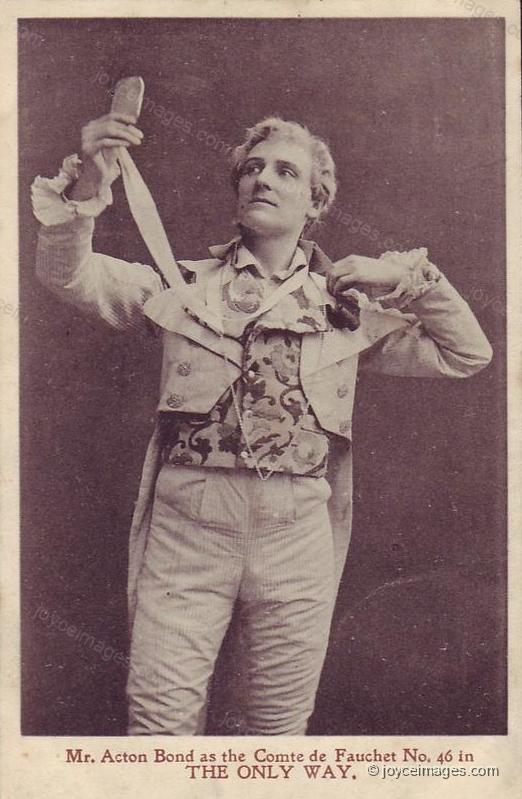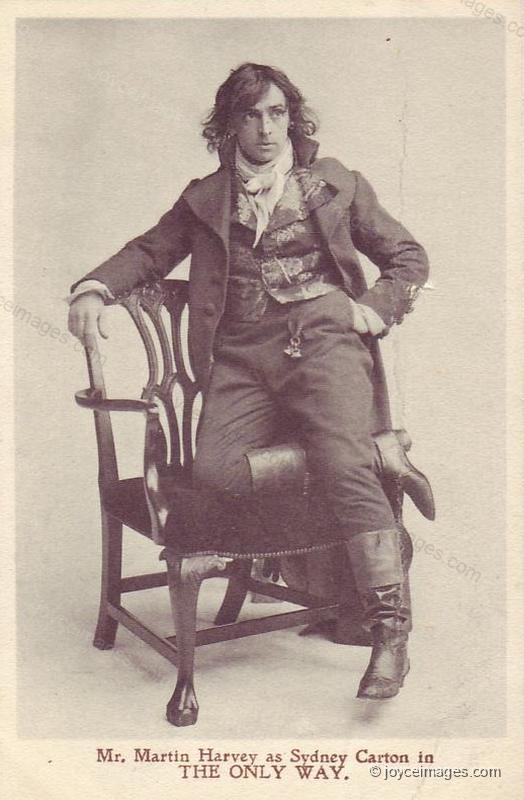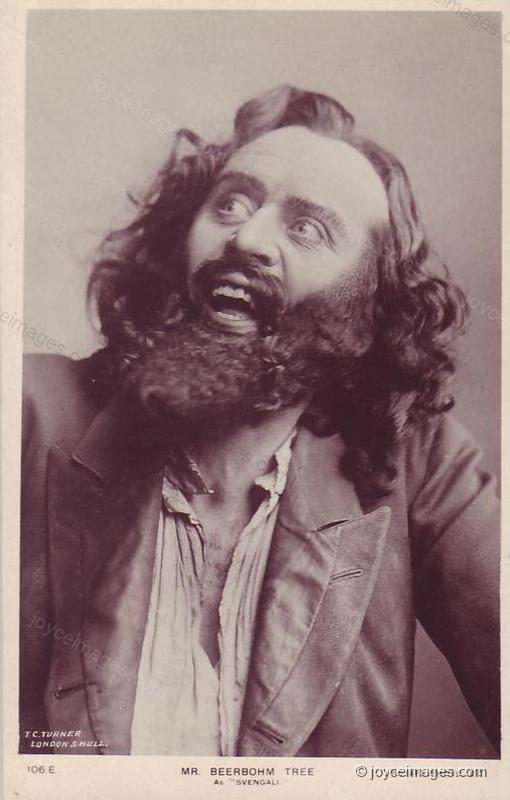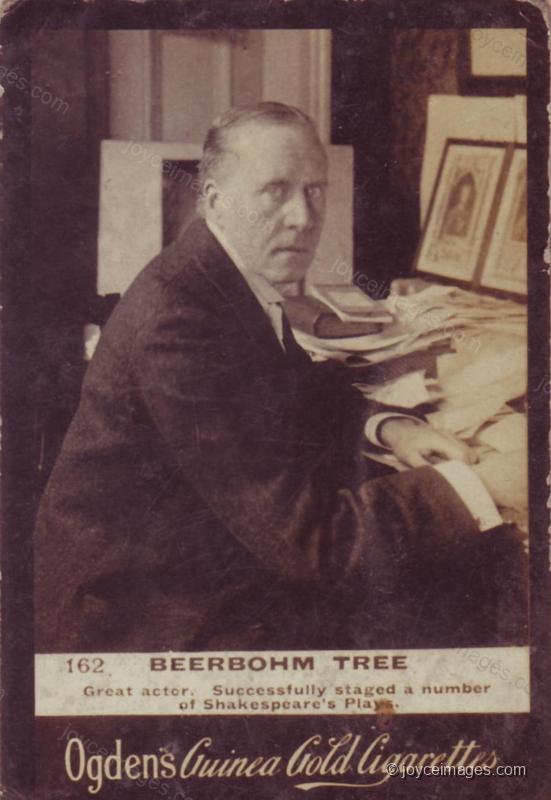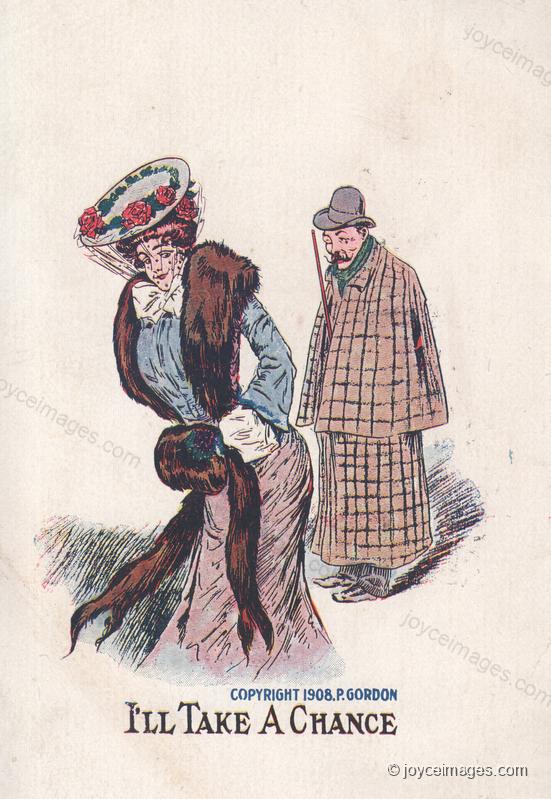"not like me getting all 1s at school only hed do a thing like that all the same on account of me and Boylan thats why he did it Im certain the way he plots and plans everything out" (U18.1006)
"I couldnt turn round with her in the place lately unless I bolted the door first gave me the fidgets coming in without knocking first when I put the chair against the door just as I was washing myself there below with the glove get on your nerves then doing the loglady all day put her in a glasscase with two at a time to look at her" (U18.1009)
"if he knew she broke off the hand off that little gimcrack statue with her roughness and carelessness before she left that I got that little Italian boy to mend so that you cant see the join for 2 shillings wouldnt even teem the potatoes for you of course shes right not to ruin her hands" (U18.1013)
"I noticed he was always talking to her lately at the table explaining things in the paper and she pretending to understand" (U18.1017)
"sly of course that comes from his side of the house he cant say I pretend things can he Im too honest as a matter of fact and helping her into her coat but if there was anything wrong with her its me shed tell not him I suppose he thinks Im finished out and laid on the shelf well Im not no nor anything like it well see well see now. (U18.1019)
"shes well on for flirting too with Tom Devans two sons imitating me whistling with those romps of Murray girls calling for her can Milly come out please shes in great demand to pick what they can out of her round in Nelson street riding Harry Devans bicycle at night its as well he sent her where she is she was just getting out of bounds wanting to go on the skatingrink" (U18.1023)
"and smoking their cigarettes through their nose I smelt it off her dress when I was biting off the thread of the button I sewed on to the bottom of her jacket she couldnt hide much from me I tell you" (U18.1028)
"only I oughtnt to have stitched it and it on her it brings a parting and the last plumpudding too split in 2 halves see it comes out no matter what they say her tongue is a bit too long for my taste your blouse is open too low she says to me" (U18.1031)
"the pan calling the kettle blackbottom and I had to tell her not to cock her legs up like that on show on the windowsill before all the people passing" (U18.1034)
"they all look at her like me when I was her age of course any old rag looks well on you then a great touchmenot too in her own way at the Only Way in the Theatre royal take your foot away out of that I hate people touching me afraid of her life Id crush her skirt with the pleats a lot of that touching must go on in theatres in the crush in the dark" (U18.1036)
The play 'The Only Way' was a stage adaptation of Dickens' novel 'A Tale of Two Cities' by two clergymen, Rev. Freeman Wills and Rev. Langbridge. It takes place during the French Revolution. There had been previous stage adaptations of A Tale of Two Cities, but according to the NYT (1899), "they are not remembered because the playwrights tried vainly to compress within the brief two hours' stage traffic too many of the incidents of the book." The Only Way worked well because all the important incidents narrated later in the novel are summarized in a "quick preliminary scene", giving then center stage to Sidney Carton, the actual hero of the tale. This PC shows Mr. Acton Bond in the role of Comte Fauchet.
The play 'The Only Way' was a stage adaptation of Dickens' novel 'A Tale of Two Cities' by two clergymen, Rev. Freeman Wills and Rev. Langbridge. It takes place during the French Revolution. There had been previous stage adaptations of A Tale of Two Cities, but according to the NYT (1899), "they are not remembered because the playwrights tried vainly to compress within the brief two hours' stage traffic too many of the incidents of the book." The Only Way worked well because all the important incidents narrated later in the novel are summarized in a "quick preliminary scene", giving then center stage to Sidney Carton, the actual hero of the tale. This PC shows Mr. Acton Bond in the role of Comte Fauchet.
'The Only Way' was first produced produced at the Lyceum on February 16th 1899, with Martin Harvey in the lead role of Sydney Carton. It was to become Harvey's most famous role, uttering the lines "It is a far, far better thing that I do than I have ever done". A review in the NYT (1902) titled "Mr. Harvey Reveals a Temperament of Poetic Charm and Refined Artistry" comments: "He has a fine and musical voice, and his elocution is finished and expressive. It is a strong and manly impersonation: it has tenderness and sentiment without sentimentality". The reviewer adds that Mr. Harvey gradually gains "a firmer hold upon the audience", climaxing in the trial scene when his address to the jury is "full of passion and fervor."
"theyre always trying to wiggle up to you that fellow in the pit at the Gaiety for Beerbohm Tree in Trilby" (U18.1040)
The play 'Trilby' was one of the greatest theatrical successes of the 19c. It was written by the American Paul Potter, based on a book by Gerald Du Maurier and was first performed in Philadelphia. The English actor and theatre manager Beerbohm Tree was in Philadelphia on a USA tour at the time. Despite his brother telling him that it was 'utter nonsense', he went to attend it. When the curtain fell on the second act, he immediately sought out Potter and secured the British rights.
Trilby opened in England at the Haymarket Theatre on October 30th 1895, and enjoyed a long run, many tours and constant revivals. Beerbohm Tree produced it and played the role of Svengali. It earned him enough money to build Her Majesty's Theatre.
The play 'Trilby' was one of the greatest theatrical successes of the 19c. It was written by the American Paul Potter, based on a book by Gerald Du Maurier and was first performed in Philadelphia. The English actor and theatre manager Beerbohm Tree was in Philadelphia on a USA tour at the time. Despite his brother telling him that it was 'utter nonsense', he went to attend it. When the curtain fell on the second act, he immediately sought out Potter and secured the British rights.
Trilby opened in England at the Haymarket Theatre on October 30th 1895, and enjoyed a long run, many tours and constant revivals. Beerbohm Tree produced it and played the role of Svengali. It earned him enough money to build Her Majesty's Theatre.
Herbert Beerbohm Tree (1853 - 1917) was an English actor-manager. He ran the Haymarket Theatre, and later created His Majesty's Theatre, both in the West End of London. His productions included A Woman of No Importance by Oscar Wilde (1893), Trilby by Paul Potter (1895), and Pygmalion by G.B. Shaw (1914). He played many of the leading roles. Tree directed and starred in the earliest surviving film of an excerpt from a Shakespearean play: King John in 1899. He founded the Royal Academy of Dramatic Art in 1904, and was knighted in 1909.
"the last time Ill ever go there to be squashed like that for any Trilby or her barebum every two minutes tipping me there and looking away" (U18.1042)
The plot of Trilby was of the stuff that Victorian playgoers loved. Trilby O'Ferrall is a beautiful half-Irish girl working in Paris as an artists' model and laundress. A young Englishman, Little Billy, falls in love with her but is forbidden by his mother to marry her. A wicked old mesmerist Svengali has Trilby under his power, and transforms her into a great diva. At last Svengali dies, and Trilby is free from his spell. Billy can ask her again to marry him. It is Christmas time and Trilby is opening her presents. One is a package left for her by a stranger. It contains a portrait of Svengali in all his hideousness. She dies of the shock, in the arms of Little Billy. Fall of curtain to ecstatic applause.
Trilby did not have a bare bum, but she did go barefoot; she also smoked heavily. All London went mad about the play. It became fashionable for ladies to smoke (at home of course). Shops were full of Trilby gifts and trinkets. Toulouse Lautrec named his yacht Trilby. Men wore Trilby hats (Davy Stephens had one). Music hall song writers jumped on the wagon with countless Trilby songs and dance tunes.
The plot of Trilby was of the stuff that Victorian playgoers loved. Trilby O'Ferrall is a beautiful half-Irish girl working in Paris as an artists' model and laundress. A young Englishman, Little Billy, falls in love with her but is forbidden by his mother to marry her. A wicked old mesmerist Svengali has Trilby under his power, and transforms her into a great diva. At last Svengali dies, and Trilby is free from his spell. Billy can ask her again to marry him. It is Christmas time and Trilby is opening her presents. One is a package left for her by a stranger. It contains a portrait of Svengali in all his hideousness. She dies of the shock, in the arms of Little Billy. Fall of curtain to ecstatic applause.
Trilby did not have a bare bum, but she did go barefoot; she also smoked heavily. All London went mad about the play. It became fashionable for ladies to smoke (at home of course). Shops were full of Trilby gifts and trinkets. Toulouse Lautrec named his yacht Trilby. Men wore Trilby hats (Davy Stephens had one). Music hall song writers jumped on the wagon with countless Trilby songs and dance tunes.
